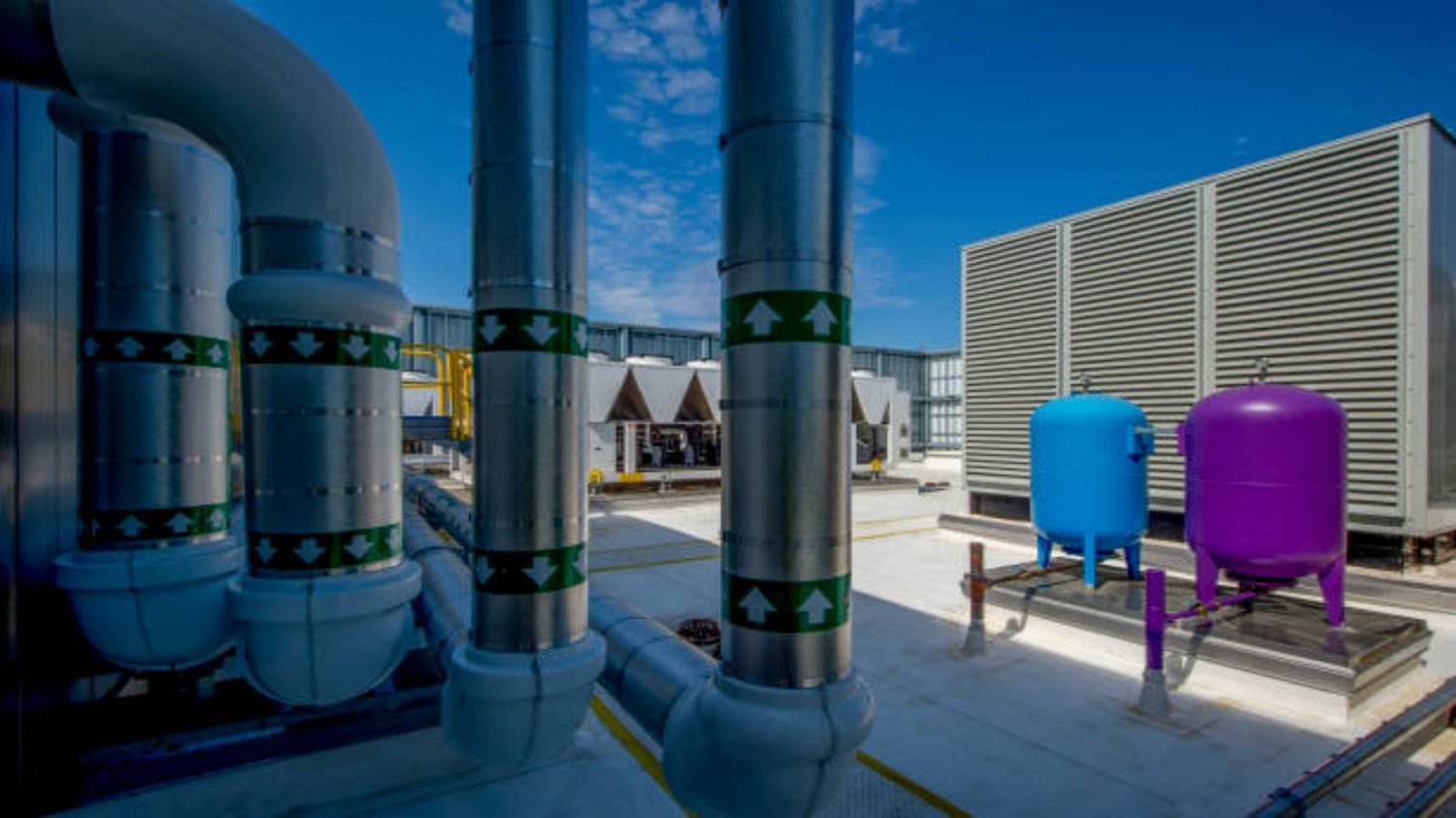1. Understanding the Role and Functionality of new england cooling towers
New England cooling towers play a crucial role in various industrial processes, ensuring the efficient cooling of equipment and machinery. These towers are large structures that remove excess heat generated during production processes and release it into the atmosphere. By regulating temperature and preventing overheating, they contribute to the smooth operation and longevity of industrial equipment.
2. Different Types of New England Cooling Towers
There are several types of cooling towers utilized in New England industries. The most common ones include natural draft cooling towers, mechanical draft cooling towers, and hybrid cooling towers. Natural draft towers rely on the natural flow of air, while mechanical draft towers use fans to circulate air. Hybrid cooling towers combine elements from both types to optimize cooling efficiency.
3. Energy Efficiency and Environmental Impact
New England cooling towers are designed to prioritize energy efficiency and minimize their environmental impact. With advancements in technology, modern cooling towers are equipped with energy-saving features such as variable speed fans, improved heat exchange surfaces, and optimized water circulation systems. These enhancements reduce energy consumption and contribute to lower carbon emissions, aligning with the region's commitment to sustainability.
4. Maintenance and Upkeep of Cooling Towers
Regular maintenance is essential to ensure the optimal performance of New England cooling towers. This includes routine inspections, cleaning of heat exchange surfaces, checking water quality, and addressing any mechanical issues promptly. Failure to maintain cooling towers can lead to reduced efficiency, increased energy consumption, and potential equipment damage.
5. Water Conservation in Cooling Towers
Water usage is a crucial consideration for cooling towers, particularly in regions like New England where water scarcity can be a concern. To address this issue, many industries implement water conservation measures such as installing water-saving technologies, recycling water through closed-loop systems, and utilizing alternative water sources. These practices not only conserve water but also reduce operating costs for businesses.
6. Importance of Proper Water Treatment
Proper water treatment is vital for maintaining the performance and longevity of New England cooling towers. Untreated water can lead to the accumulation of mineral deposits, corrosion, and the growth of harmful bacteria like Legionella. Implementing effective water treatment programs, including filtration, chemical treatment, and regular testing, ensures optimal tower operation and protects the health and safety of employees.
7. Cooling Tower Regulations and Compliance
Regulatory bodies in New England have established guidelines and standards to ensure the safe and efficient operation of cooling towers. Compliance with these regulations is mandatory for businesses utilizing cooling towers. These regulations cover areas such as water quality, Legionella prevention, noise control, and environmental impact. Adhering to these requirements is essential to avoid penalties and maintain a responsible industrial operation.
8. Cooling Towers in Power Generation
Cooling towers play a vital role in power generation facilities throughout New England. Power plants, whether nuclear, coal-fired, or natural gas, require significant amounts of cooling to maintain safe operating temperatures. Cooling towers efficiently remove excess heat generated during power generation, contributing to the overall efficiency and reliability of the energy supply.
9. Industrial Applications Beyond Power Generation
While cooling towers are commonly associated with power generation, they find application in various other industrial sectors in New England. Industries such as manufacturing, chemical processing, oil refineries, and data centers rely on cooling towers to maintain stable operating temperatures for their equipment and processes. Cooling towers are integral to the smooth functioning of these industries, preventing equipment failure and downtime.
10. The Future of New England Cooling Towers
The future of New England cooling towers lies in ongoing innovations and advancements in technology. As the region continues to prioritize sustainability and energy efficiency, cooling towers will see further improvements in their design and operation. This includes the integration of renewable energy sources, enhanced heat exchange surfaces, and advanced water treatment technologies. The continued evolution of cooling towers will contribute to the growth and development of New England's industrial landscape for years to come.
